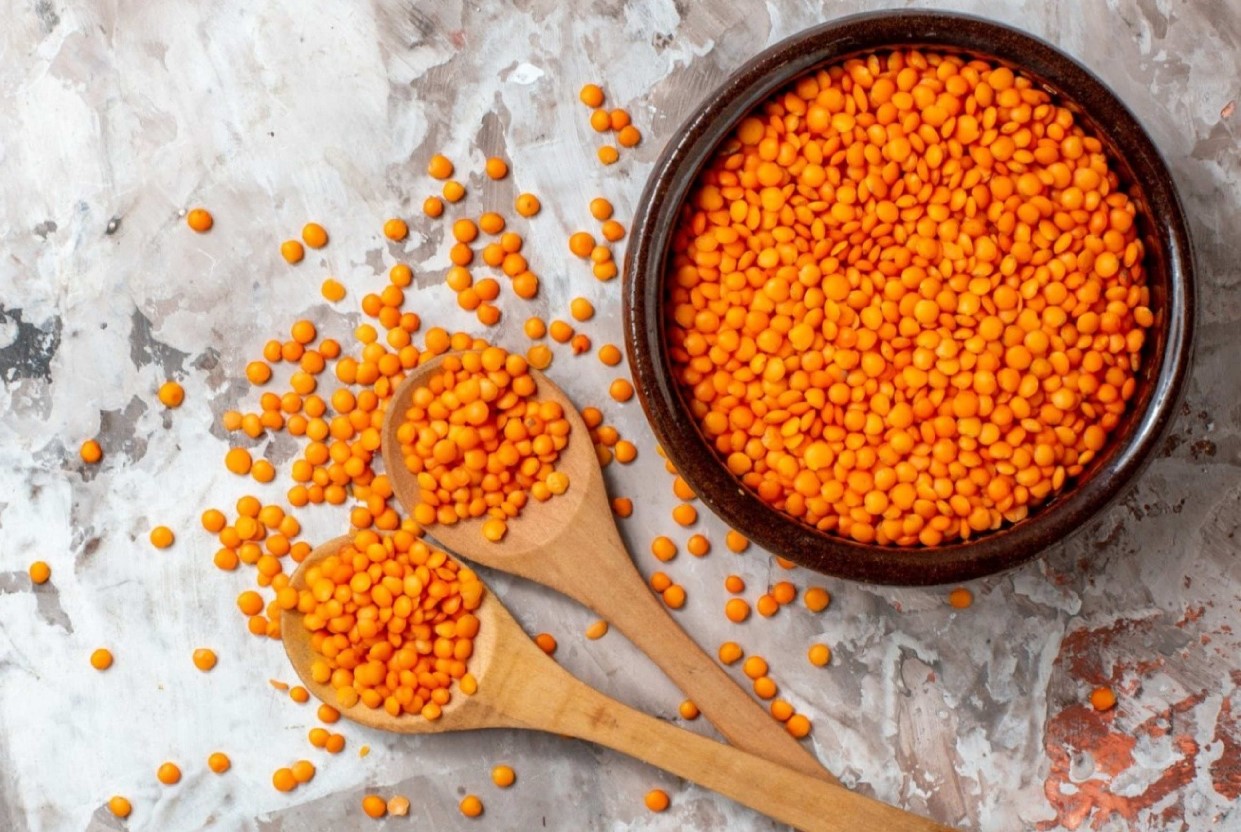
Pigeon peas, also known as Cajanus cajan, are small legumes packed with nutrients and history. Originating from India, these peas have spread worldwide, becoming a staple in many cuisines. But what makes pigeon peas so special? Rich in protein, fiber, and essential vitamins, they offer numerous health benefits. They can be used in soups, stews, and even as a meat substitute. Farmers love them too because they improve soil fertility by fixing nitrogen. Curious about their role in traditional medicine or how they contribute to sustainable agriculture? Read on to uncover 20 fascinating facts about pigeon peas that might just surprise you!
Key Takeaways:
- Pigeon pea, also known as Cajanus cajan, is a versatile and nutritious legume with a rich history dating back over 3,500 years. It is a staple in many cuisines and offers numerous health benefits.
- Pigeon pea is not only a delicious and healthy ingredient in various dishes, but it also plays a crucial role in sustainable farming, promoting biodiversity, and helping to combat climate change.
What is Pigeon Pea?
Pigeon pea, also known as Cajanus cajan, is a legume crop that has been cultivated for thousands of years. It is a staple in many tropical and subtropical regions. Let's dive into some fascinating facts about this versatile plant.
-
Ancient Origins: Pigeon pea has been grown for over 3,500 years, originating in India. It spread to Africa and the Americas through trade routes.
-
Multiple Names: Known by various names worldwide, including toor dal in India, gandule in Puerto Rico, and congo pea in Africa.
-
Nutritional Powerhouse: Rich in protein, dietary fiber, vitamins, and minerals, pigeon pea is a vital food source in many developing countries.
-
Drought Resistant: This legume is highly drought-resistant, making it an essential crop in arid and semi-arid regions.
-
Soil Enrichment: Pigeon pea improves soil fertility by fixing nitrogen, reducing the need for chemical fertilizers.
Culinary Uses of Pigeon Pea
Pigeon pea is a versatile ingredient in many traditional dishes. Its unique flavor and texture make it a favorite in various cuisines.
-
Indian Cuisine: In India, pigeon pea is commonly used to make dal, a staple dish served with rice or bread.
-
Caribbean Delights: In the Caribbean, pigeon pea is a key ingredient in rice and peas, a popular dish often served with meat or fish.
-
African Stews: In Africa, pigeon pea is used in stews and soups, providing a rich source of protein.
-
Latin American Flavors: In Latin America, pigeon pea is often cooked with rice and spices, creating flavorful dishes like arroz con gandules.
-
Vegan and Vegetarian: Pigeon pea is a popular choice for vegan and vegetarian diets due to its high protein content.
Health Benefits of Pigeon Pea
Consuming pigeon pea offers numerous health benefits, making it a valuable addition to any diet.
-
Heart Health: Pigeon pea is low in fat and cholesterol, promoting heart health.
-
Digestive Aid: High in dietary fiber, it aids digestion and prevents constipation.
-
Blood Sugar Control: The low glycemic index of pigeon pea helps regulate blood sugar levels, beneficial for diabetics.
-
Weight Management: Its high protein and fiber content keep you full longer, aiding in weight management.
-
Rich in Antioxidants: Pigeon pea contains antioxidants that help fight free radicals, reducing the risk of chronic diseases.
Environmental Impact of Pigeon Pea
Pigeon pea is not only beneficial for human health but also for the environment.
-
Sustainable Farming: Its ability to grow in poor soils and harsh climates makes pigeon pea a sustainable crop choice.
-
Biodiversity: Growing pigeon pea promotes biodiversity by providing habitat and food for various insects and animals.
-
Carbon Sequestration: Pigeon pea plants help sequester carbon, mitigating climate change.
-
Erosion Control: The deep root system of pigeon pea helps prevent soil erosion.
-
Intercropping: Pigeon pea is often used in intercropping systems, improving overall crop yields and reducing pest infestations.
Final Thoughts on Pigeon Peas
Pigeon peas are more than just a staple in many kitchens. These legumes pack a punch with their nutritional value, offering a rich source of protein, fiber, and essential vitamins. They play a crucial role in sustainable agriculture, improving soil health through nitrogen fixation. Their versatility in cooking makes them a favorite in various cuisines, from Indian dals to Caribbean stews.
Beyond the kitchen, pigeon peas contribute to food security in many developing countries, providing a reliable crop even in challenging climates. Their medicinal properties are also noteworthy, with traditional uses ranging from treating respiratory issues to aiding digestion.
Understanding these facts about pigeon peas can help you appreciate their importance in both culinary and agricultural contexts. So next time you enjoy a dish with pigeon peas, remember the many benefits they bring to the table.
Frequently Asked Questions
Was this page helpful?
Our commitment to delivering trustworthy and engaging content is at the heart of what we do. Each fact on our site is contributed by real users like you, bringing a wealth of diverse insights and information. To ensure the highest standards of accuracy and reliability, our dedicated editors meticulously review each submission. This process guarantees that the facts we share are not only fascinating but also credible. Trust in our commitment to quality and authenticity as you explore and learn with us.


